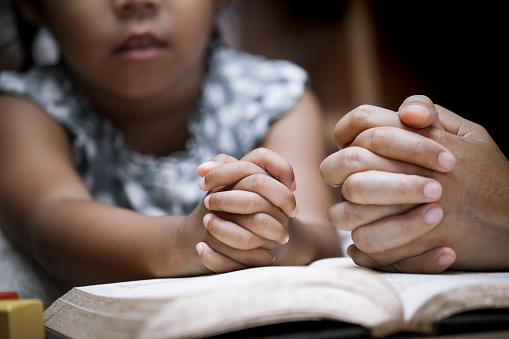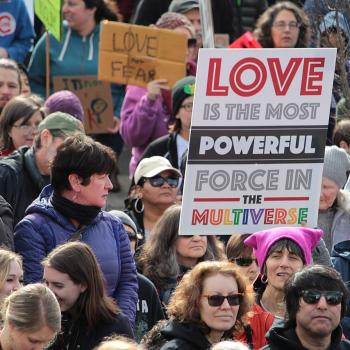
For Catholics, the family is at the center of God’s plan. God wants His children to be happy and live fulfilling lives. For many couples that includes having children. The world fertility rate, (number not children per woman), has been steadily falling since the 1970s and a growing number of couples who have struggled to have children have turned to artificial insemination as an aide to fulfill their dream. There are a myriad of reasons for these couples to turn to artificial insemination:
- Problems with ovulation and fallopian tubes
- Gynecologic conditions, i.e. endometriosis or fibroids
- Concerns with sperm count and sperm quality
In-vitro fertilization (IVF), has become an increasingly popular process over the past 20+ years with the number of babies born via IVF more than doubling (less than 30K to more than 60K) from 1998 to 2012. The Catholic Church in 1987 issued a document known as Donum Vitae (“The Gift of Life”), which addressed the morality of many modern fertility procedures. Many couples are not aware of the Church’s teaching on the subject.
The Catholic Church’s View On Artificial Insemination
The Church did not view the use of technology itself as wrong, but did conclude that some methods are moral and others are immoral because they damage the “dignity of the human person and the institution of marriage.” The challenge to catholic couples is to understand which methods are acceptable from their faith perspective. The document (Donum Vitae) establishes a framework at a high level to determine what is and what is not considered moral:
“Donum Vitae teaches that if a given medical intervention helps or assists the marriage act to achieve pregnancy, it may be considered moral; if the intervention replaces the marriage act in order to engender life, it is not moral.”
The Church has judged In-vitro Fertilization (IVF) to be immoral as the process “does violence to the dignity of the human person and to the marriage act and should be avoided.” Many couples are unaware of the immorality of the IVF process and as such are not guilty of sin, but there can be decisions along the process that can present moral challenges to the couples. Children born via IVF are children of God and receive His unconditional love. IVF is a very expensive process with no guarantees of success.
Why is IVF Immoral?
If you have heard the term “test-tube babies”, this refers to IVF children as they are conceived outside of the marriage act in a Petri dish. A woman’s eggs are harvested and inseminated with the father’s sperm collected via masturbation. The embryos conceived through the process are then transferred to the mother’s womb in the hopes that she will carry at least one of the embryos full-term.
The IVF process replaces the loving marriage act with a laboratory procedure. The parents can be considered “donors’ to the process and in some cases may not be married or even know one another. This poses a challenge for the children as family and health history may be unknown. There are many moral challenges that result from decisions made during the IVF process:
- In situations where multiple embryos are transferred to the mother’s womb there is a chance that a decision may need to be made to terminate one or more of the children (fetal reduction) if multiple births put the mothers health at risk. In this scenario we are terminating the life of a living child.
- In some situations parents may choose not to transfer all of the embryos and the remaining embryos go through a process called oocyte cryopreservation that freezes the embryos to attempt a transfer later. This process “suspends” human life in a frozen state for an indeterminate amount of time. While the process itself does violence to the dignity of human life, there are challenges if a couple decides not to attempt a transfer at a later date. I have worked with a family where the parents decided they didn’t want to have any more children and could not agree on donating the remaining embryos. This leaves the embryos in this suspended state and can cause problems within the marriage.
- Humans are created in the image of God and are sacred. The IVF process is a “means to an end.” We are “begotten, not made.”
What’s Next?
I pray for those families that struggle to have children or are told they cannot have children due to a medical issue. While I fully understand the desire to do whatever is necessary to have children, couples need to be aware of the moral challenges associated with arterial insemination especially IVF. I encourage those with questions to speak to their pastors to better understand these challenges and the position of the church before entering into the process.
The link below will provide information and the document for Donum Vitae:
http://ewtn.com/catholicism/library/donum-vitae-2085
God Bless













